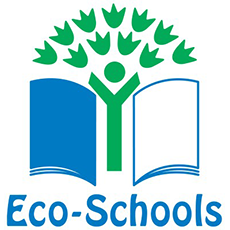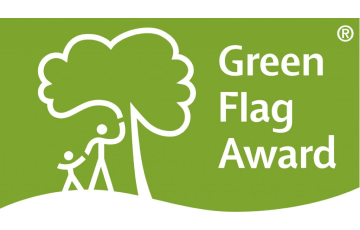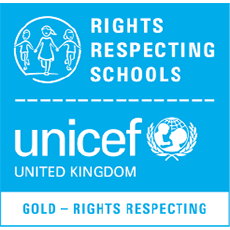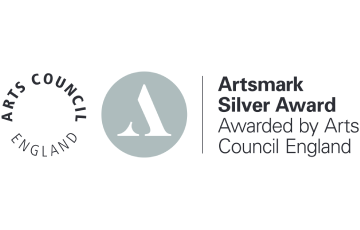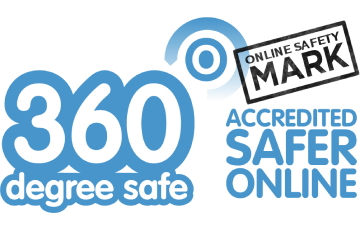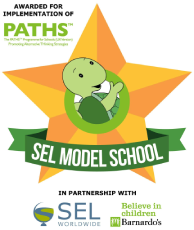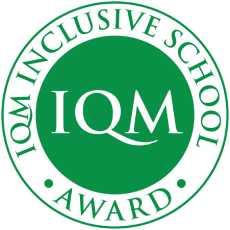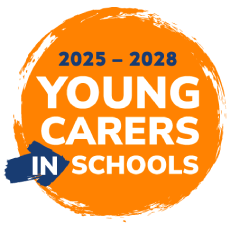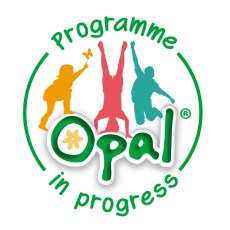- Home
- Classes
- All About Lyme
- Our School
- Vision and Values
- Prospectus
- Staff
- Breakfast and After School Club
- Corporate Social Responsibility
- Online Safety
- Pastoral Support
- Rights Respecting School
- School Holiday Dates
- School Meals
- School Opening Times
- SEN and Adaptive Teaching at Lyme
- Uniform
- Wrap Around Care at Lyme
- Young Carers
- Activities
- Extra Curricular Activities
- Academic Enrichment
- Forest School
- Easter Journey for Y5
- Send My Friend to School Campaign
- World Book Day 2019
- Lyme's Anti-Bullying Video
- Staying Safe Online!
- Extreme Reading
- HEALTH AND WELL-BEING WEEK 2019
- SPORTS DAY 2019
- ARTS WEEK 2019
- SCIENCE CLUB 2019
- SCIENCE WEEK 2019
- Learning Challenge Curriculum Exhibition
- Sports Relief 2018
- Social Enrichment
- Residentials and Trips
- School Money
- School Spider Parent App Guide
- Governors
- Curriculum
- Newsletters
- Parent Voice
- Pupil Leadership
- Safeguarding
- Statutory Information
- Pupil Voice
- Contact
Reading

Reading at Lyme
Hello, my name is Mrs. Reid and I am the subject leader for Reading at Lyme Community Primary School. Reading is a skill which is at the forefront of our curriculum. We hope to INSPIRE our children to develop a love of reading and to have a love of books as this enhances a child's life, including their social, emotional and mental well-being. Reading is essential for learning in all areas of the curriculum as well as a skill which is needed for adult life.
READING - CURRICULUM INTENT
Purpose of study
Throughout their time at Lyme Community Primary School children are provided with a variety of fun, relevant and engaging activities to develop, extend and master children’s ability to read and comprehend texts they have read. In order for children to become confident in each reading skill (Fluency, Comprehension, Deducting/Predicting and Vocabulary), children are encouraged at every opportunity to see reading as an interesting activity to undertake and to be motivated to see reading as a pleasurable experience.
Lyme also takes the opportunity to celebrate reading at every opportunity. We harness ‘World Book Day’ and ‘World Poetry Day’ at key times of the year to promote a whole school approach to developing a love of reading through a theme as well as linking this into writing.
Children have access to our School Library. The library is equipped with a wide variety of book genres that exemplify a variety of different age groups. This is with the intention that children will make use of this particular resource to help continue to satisfy their thirst for reading.
To ensure progression and exposure to a variety of authors’ styles, each year group has key featured authors for a half term’s focus depending on the length and variety of books. Time is allocated in each class for the children to listen to stories by the featured author. The class all then have the opportunity to access new stories by that author that are age appropriate and linked to their learning.
Reading is taught both discreetly and in line with other subject areas. This is for two reasons:
1) Children at Lyme will have the opportunity when the subject is taught discreetly to focus on the development of the core skills of reading.
2) Children can have the opportunity to apply these taught skills in other areas of the curriculum when it is purposeful. A range of non-fiction, fiction and poetry is available for children to access for each topic- when the link between reading and the other subject is relevant. This helps children in particular to develop their vocabulary and understanding of key concepts.
We use the STEPS TO READ scheme in Y2-6 as we believe that it is really important that our children are given explicit instructions around how to read and. STEPS TO READ is a daily practice were a teacher reads and a teacher models and a child practises and a child applies. This 4 step focus helps children to understand reading behaviours and the skills and strategies to become effective readers. With a particular focus on children being able to self monitor and reread for sense and become independent and strong readers.
The way in which we teach and support home learning of Reading at Lyme is tailored specifically to the needs of our children and wider community. Many of our children who start in Early Years require additional support in their language skills as they enter school at a lower level than other schools nationally. This is shown in their ability to speak clearly, their understanding of diction and general exposure to wider opportunities at home. To help support the learning of reading at home, Lyme provides annual guidance on how to help develop children’s reading skills within their new school year, thus providing more opportunities for children to excel nourish and enrich their reading ability. Additional help is also given in the form of Parent Workshops that are delivered to help parents gain a wider understanding of curriculum expectations and how to underpin new learning opportunities and stretch children’s experiences with reading fluency and comprehension.
Assessment and Curriculum Planning
At Lyme Community Primary School we believe children should be taught to read by applying phonics to develop fluency as well as improve and develop their comprehension skills. In Early Years, children are assessed against the EYFS age related criteria within the strand of Literacy, though aspects of the different reading skills can be seen in all areas of the creative curriculum where applicable.
In Year 1, pupils undertake the Phonics Screening Test in order to show whether their segmenting and blending skills meet the required threshold. Following this, children in Year 2 may sit two reading tests (SATs) to supplement the evidence for the teacher assessment. It is compulsory in Year 6 for children to sit a Reading Test in the May.
To help track and monitor children’s progress, children sit reading tests (NFER) from Year 2 onwards in each assessment week (one in each term- autumn, spring and summer). In Year 1 and when suitable in later years, children will also be individually benchmarked with a running record and asked appropriate questions linked to the text read.Children in Y1-6 are assessed 3 times a year using the Lexplore assessment tool to determine their reading attainment and identify intervention needs. This information is then used to inform curriculum planning outlining how additional support or challenge can be provided in order to meet the needs of our pupils. This information is also used by teachers when reporting to parents.
Lyme Community Primary, Lyme St, Newton-le-Willows WA12 9HD


